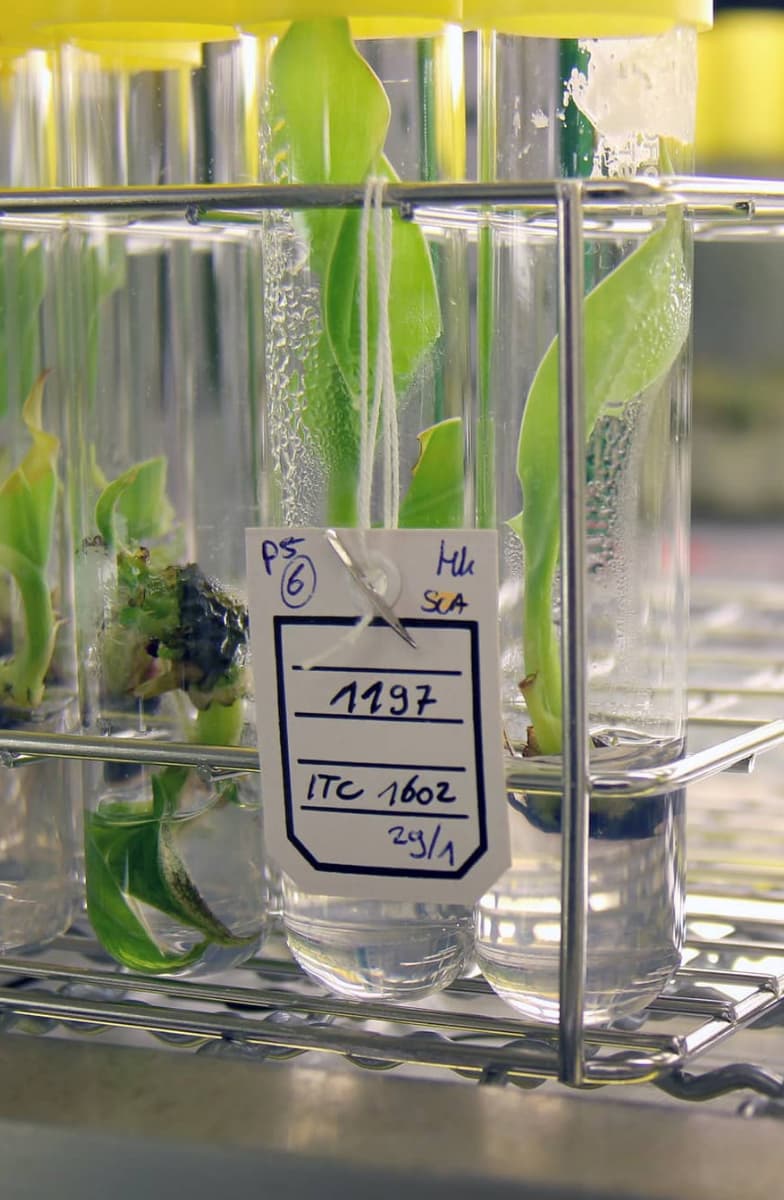CGIAR
Working for a food-secure future
CGIAR is a global research partnership for a food-secure future. CGIAR science is dedicated to reducing poverty, enhancing food and nutrition security, and improving natural resources and ecosystem services. Its research is carried out by 15 CGIAR centers, including CIMMYT.
OUR PROGRAMS
Global integrating programs
MAIZE and WHEAT are agri-food systems programs that work closely with three CGIAR cross-cutting,
global integrating programs, within relevant agro-ecological systems:
A4NH focuses on the consumption of healthy, affordable, and safe foods, rather than supply. Addressing serious micronutrient deficiencies in the countries where they work, MAIZE and WHEAT have contributed significantly through the development of biofortified crop varieties, including pro-Vitamin A enhanced maize and wheat with zinc-enhanced grain.
CCAFS generates evidence and supports adoption of climate-smart agricultural policies, practices, and services that alleviate poverty, increase gender equity, and support sustainable landscapes. Our contributions include drought and heat tolerant crop varieties and resource-conserving practices that help reduce emissions and allow farmers to adapt to climate change effects such as rising temperatures and more erratic rainfall.
PIM pursues research to support for policies that help poor farmers improve their lives; produce nutritious and affordable foods; and protect the soil, water, and biodiversity in rural landscapes. As part of this, MAIZE and WHEAT work to prioritize, target, understand, and enhance wheat and maize interventions and value chains to make the greatest impact.
One CGIAR
One CGIAR is a dynamic reformulation of CGIAR\’s partnerships, knowledge, assets, and global presence, aiming for greater integration in the face of the interdependent challenges facing today\’s world.
A unified CGIAR comprises of:
- A sharper mission statement and impact focus to 2030, aligned with the Sustainable Development Goals (SDGs), in particular Goal 2, Zero Hunger
- Unified governance, including a CGIAR System Board
- Institutional integration, including an Executive Management Team, common policies and services, and a unified country and regional presence
- A new research modality
- More, and pooled, funding
Working under a unified vision, CGIAR scientific innovations for food, land and water systems can be deployed faster, at a larger scale, and at reduced cost, having greater impact where they are needed the most. This will provide our beneficiaries around the world with more sustainable ways to grow, catch, transport, process, trade, and consume safe and nutritious food.
CGIAR Research Programs
Through CGIAR Research Programs (CRPs), Centers and partners worked on integrated research programs,
drawing on the expertise of other Centers and a multitude of partners. CIMMYT led two major CRPs.
